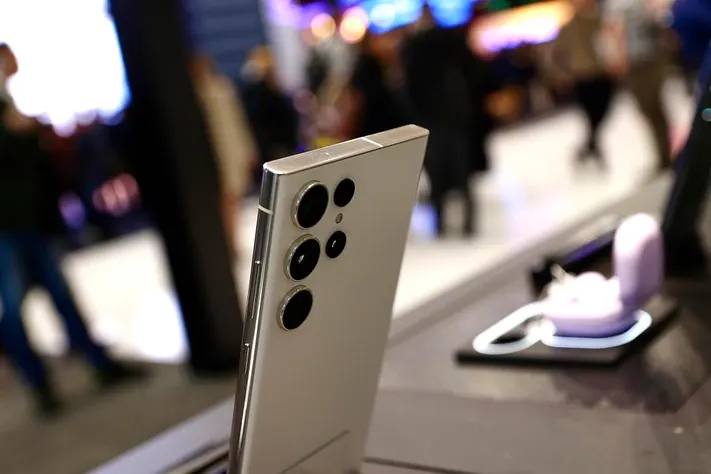“`html
The Dawn of a New Technological Era
We are standing on the precipice of an unprecedented era of technological advancement. The pace of innovation is not just accelerating; it’s accelerating at an exponential rate, bringing with it a palpable sense of excitement and anticipation for what the future holds. As we look towards the end of 2025, the air is thick with the promise of truly revolutionary tech advancements. The tech world is abuzz, with particular attention focused on the significant announcements and releases expected around November 2025. This period is shaping up to be a watershed moment, driven by the pervasive influence of AI and the introduction of incredible new consumer technologies.
The profound AI impact on app development is already reshaping how software is conceived and created, making applications smarter, more intuitive, and more personalized. Simultaneously, the landscape of consumer electronics is set to be transformed by the arrival of the latest consumer gadgets 2025, devices that will further blur the lines between the digital and physical worlds.
Early research paints a compelling picture: *”The emerging technology trends of 2025 will be defined by breakthroughs in AI, quantum computing, advanced connectivity, and next-generation consumer gadgets—all pointing toward a year of revolutionary innovation and industry transformation.”* (Source: Ericsson / Solutions Review / JPMorgan).
At the heart of this evolution is Artificial Intelligence. *”AI’s integration across every layer of digital life stands out, especially in app development, while rapid advances from tech giants and new device releases are set to reshape how individuals and businesses interact with technology.”* (Source: Ericsson / Solutions Review / JPMorgan). This deep integration means that AI is no longer a distinct feature but a foundational element driving progress across the board. From enhancing complex algorithms to personalizing user experiences, AI’s influence is undeniable, heralding a future brimming with possibilities. The potential applications are vast, touching everything from cutting-edge AI technologies to transformative AI medical breakthroughs and fundamentally altering how AI is changing the world, including creating more dynamic AI-powered workspaces. As we gear up for 2025, keeping an eye on the top AI trends to watch is paramount.
The Panoramic View: Key Emerging Technology Trends 2025
As we navigate towards 2025, the technological landscape is poised for a significant evolution. The overarching theme is one of integration and ubiquitous intelligence, where technology moves beyond discrete devices and becomes an inseparable part of our environment and daily routines. The keyword, emerging technology trends 2025, encapsulates this multifaceted shift.
The most dominant trend is the pervasive integration of **AI**. It’s moving from being a specific feature to becoming a foundational, seamless digital infrastructure. *”AI will become seamlessly woven into industry and daily life, acting as a ubiquitous digital infrastructure rather than a standalone feature.”* (Source: Deloitte / Ericsson). This pervasive AI is a key element in understanding top emerging technologies and anticipating revolutionary AI innovations that are shaping the key technology trends for 2025, influencing UK tech trends and the broader impact of AI on industries in 2025.

Beyond AI, several other transformative trends are emerging:
- Quantum Computing: This field is expected to make a significant leap from theoretical research to practical applications. *”Quantum computing: Expected to leap from research into practical impact, solving problems at unimaginable speeds—fueling industry, logistics, and scientific research.”* (Source: Solutions Review / StartUs Insights). The potential for solving highly complex problems promises to revolutionize fields ranging from materials science to drug discovery and financial modeling. Exciting updates are anticipated in quantum breakthroughs.
- Agentic AI: This trend signifies the rise of autonomous systems that can operate independently and collaboratively. *”Agentic AI: The rise of autonomous, multi-agent systems capable of real-time decision-making and collaboration across platforms.”* (Source: Ericsson / JPMorgan). These systems will redefine efficiency and problem-solving, with discussions around agentic AI trends for 2025, its role in business workflows, and the nuances of agentic versus generative AI. Developing effective governance frameworks will be crucial.
- Integrated Sensing and Communication (ISAC): Future networks will do more than just connect; they will perceive. *”Integrated sensing and communication (ISAC): Networks that sense and interpret their environment, enabling smarter cities and safer industrial operations.”* (Source: Ericsson). This fusion of sensing and communication capabilities will unlock new possibilities for smart infrastructure and environmental monitoring, building on advancements in 5G connectivity and the development of smart cities.
- Hyper-connectivity & Optical/Wireless Innovation: The demand for seamless, instantaneous communication will drive significant advancements. *”Hyper-connectivity & optical/wireless innovation: Technologies, including 5G evolution and optical radios, will create real-time, ultra-reliable connections powering everything from smart factories to immersive AR/VR experiences.”* (Source: Ericsson). Technologies like advanced 5G and new optical radio technologies are enabling unprecedented speeds and reliability. We’re seeing the impact of 5G connections and breakthroughs in wireless transfer speeds.
- Sustainable Tech: As technology becomes more powerful, its environmental footprint becomes a critical concern. *”Sustainable tech: Growing focus on energy-efficient hardware, AI-powered energy management, and green data center design to address rising computational demands.”* (Source: StartUs Insights). This trend emphasizes the development of eco-friendly hardware, efficient energy management solutions, and the adoption of green practices in data centers. The future lies in sustainable computing and leveraging AI for sustainability.

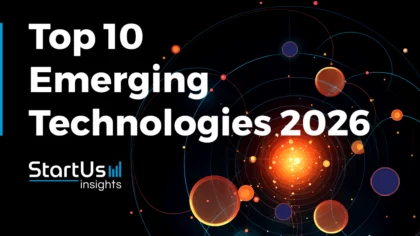
The AI Revolution in Software: The AI Impact on App Development
The transformative power of Artificial Intelligence is nowhere more apparent than in the realm of software development. The AI impact on app development is multifaceted, fundamentally altering how applications are conceived, built, tested, and experienced by users. This revolution is democratizing creation, enhancing developer capabilities, and paving the way for hyper-personalized digital experiences.
Let’s delve into the key ways AI is reshaping app development:
- Low-code/No-code Platforms: AI is significantly enhancing these platforms, making application development accessible to a much broader audience. *”Low-code/no-code platforms: Expanding app creation to non-developers and automating repetitive tasks.”* (Source: JPMorgan). Individuals without extensive coding backgrounds can now build sophisticated applications, and complex, repetitive tasks can be automated with greater ease. This trend is already visible in the evolution of AI-powered workspaces.
- AI-Driven Development Tools: Developers are increasingly benefiting from AI-powered tools that act as intelligent assistants. These tools can generate code snippets, suggest optimizations, identify and fix bugs, and even predict potential performance bottlenecks, thereby significantly accelerating the development lifecycle and enabling a focus on user-centric features. This includes advancements like Microsoft Copilot becoming more integrated, even into File Explorer.
- Hyper-Personalization: AI’s ability to analyze vast amounts of user data and learn from interactions in real-time is driving a new era of personalized applications. *”Hyper-personalization: AI’s ability to continually learn from contextual interactions will fuel applications providing personalized, proactive services at scale.”* (Source: Ericsson). Applications will increasingly adapt to individual user preferences and behaviors, offering services that are not just responsive but also anticipatory. This aligns with the growing focus on Apple Intelligence and understanding how AI is changing the world through personalized experiences.
- Frictionless User Experiences: The integration of Agent Operating Systems and on-device AI is set to revolutionize how users interact with applications. *”Frictionless user experience: Agent Operating Systems and on-device AI will enable seamless, dynamic app experiences both online and offline, reducing latency and enhancing privacy.”* (Source: JPMorgan). This means apps will become more intuitive, responsive, and capable of performing complex tasks with minimal user input, working efficiently regardless of internet connectivity and with greater respect for user privacy. This is closely tied to anticipated features like those on the iPhone 16 and the upcoming iPhone 16 AI features.
- Workflow Automation: AI agents are poised to take over complex, multi-step processes within applications and across different platforms. *”Workflow automation: AI agents will autonomously execute complex processes, transforming productivity and enabling new business models.”* (Source: JPMorgan). This will lead to significant gains in productivity and efficiency, not only for individual users but also for entire organizations, fostering innovation and the creation of entirely new business models. The potential for AI collaboration and workflow automation for businesses is immense.
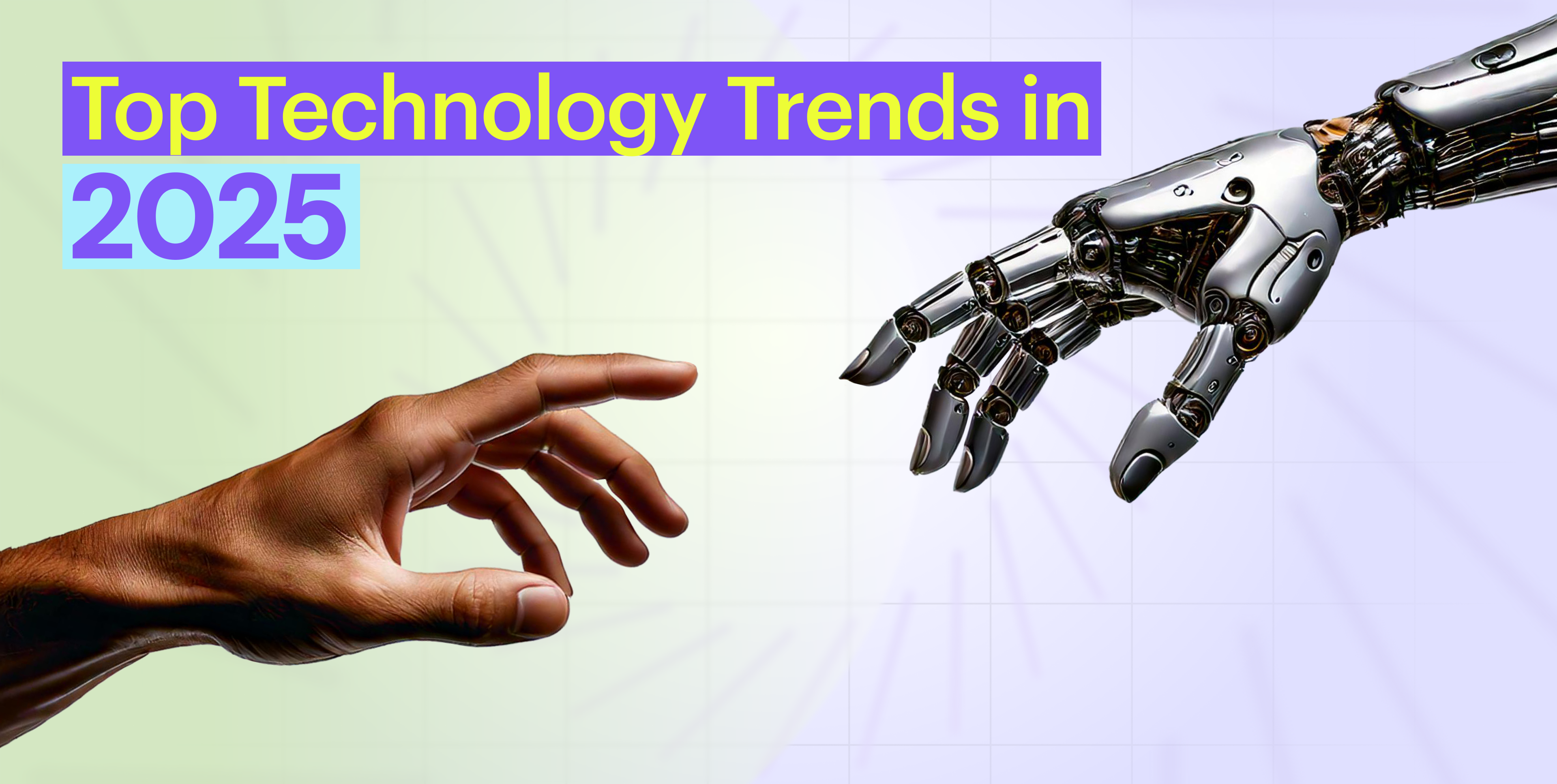

Peering into Tomorrow: Revolutionary Tech Advancements & Google OpenAI News Trends
As we look towards the latter half of 2025, specifically around November 2025, the anticipation for revolutionary tech advancements is reaching a fever pitch. This period is expected to be marked by significant breakthroughs, particularly driven by the intense innovation cycles of major tech players and the burgeoning field of artificial intelligence. The evolving landscape of emerging tech trends in 2025 is being shaped by a confluence of powerful forces.
The field of quantum computing is seeing remarkable progress. *”Quantum breakthroughs from Google, IBM, and others, pushing LLM and LAM capabilities toward near-human understanding and computational power.”* (Source: Solutions Review). These advancements are not just theoretical; they are actively enhancing the capabilities of Large Language Models (LLMs) and Large Multimodal Models (LAMs), bringing us closer to artificial intelligence with near-human levels of understanding and processing power. The continuous stream of quantum breakthroughs suggests that this technology will move from niche research to broader impact sooner than anticipated.
The competitive and collaborative dynamics between tech giants are fueling rapid progress in AI. *”Collaborative AI models and rising competition among Google, OpenAI, and new players spurring breakthroughs in language processing, autonomy, and general intelligence capabilities.”* (Source: World Economic Forum). The interplay between entities like Google and OpenAI, along with other emerging innovators, is accelerating development in crucial areas such as advanced language understanding, sophisticated decision-making systems, and the pursuit of artificial general intelligence. Staying updated on Google, OpenAI, and TPU news, as well as Microsoft AI agent news, is key to understanding these shifts.
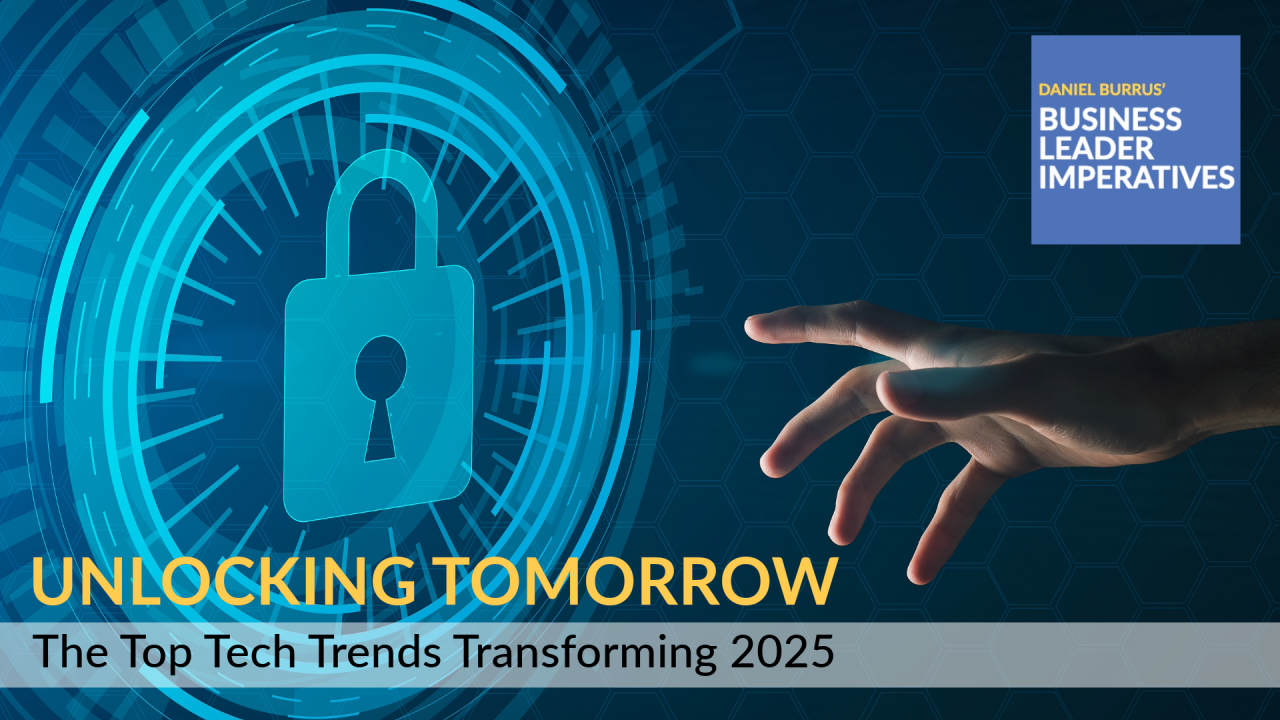
This competitive environment is also leading to the release of groundbreaking tools and platforms. *”Industry-defining releases of applications, APIs, and developer tools, especially in autonomous systems, digital content watermarking, and next-generation connectivity.”* (Source: World Economic Forum). Developers can expect a wave of new tools that will empower the creation of more sophisticated autonomous systems, enhance the security and integrity of digital content, and push the boundaries of communication technologies. Innovations in AI-powered workspaces are just one example of these new tools.
These collective advancements are set to redefine entire industries. *”These advancements are set to redefine sectors such as healthcare (personalized diagnostics), finance (algorithmic trading), and logistics (autonomous optimization).”* (Source: Ericsson / Solutions Review / JPMorgan). In healthcare, this means more precise diagnostics and personalized treatment plans. In finance, it heralds more sophisticated and efficient algorithmic trading. Logistics will see optimized supply chains and autonomous delivery systems. The pace of change is rapid, with emerging tech trends in 2025 promising significant disruption and opportunity. Further insights can be found in AI-driven emerging tech innovations and AI medical breakthroughs, AI fraud detection, and the broader impact of AI on businesses.
The Future in Your Hands: Latest Consumer Gadgets 2025
The groundbreaking technological shifts we’ve discussed are not confined to laboratories or enterprise servers; they are rapidly making their way into our daily lives through an array of exciting latest consumer gadgets 2025. These devices are becoming more intelligent, more integrated, and more indispensable, promising to enhance convenience, health, and entertainment.
The evolution of consumer electronics in 2025 is characterized by:
- Wearables: Expect wearables to become even more sophisticated and health-centric. *”Wearables: More intelligent and health-centric, leveraging on-device AI for real-time wellness monitoring and personalized recommendations.”* (Source: JPMorgan). These devices will move beyond basic tracking to offer deep insights into personal health, with AI analyzing data locally for enhanced privacy and immediate feedback. Stay ahead of the curve by looking at smartwatches for fitness in 2025, wearable tech innovations, and the impact of AI in wearables.
- Smart Home Devices: The connected home will become even more intelligent and intuitive. Smart home devices will integrate more deeply with central automation systems, featuring advanced environmental sensing, predictive maintenance capabilities, and seamless interoperability. Explore the best smart home devices for 2025, discover how to start your smart home journey, and understand the role of AI in smart home devices, and how to protect them from cyber threats. The trend towards AI-powered smart homes is undeniable.
- Personal Computing: Laptops, tablets, and smartphones will be empowered by powerful on-device AI chips. *”Personal computing: Laptops, tablets, and phones with on-device AI chips for privacy, speed, and always-available functionality.”* (Source: JPMorgan). This shift means enhanced performance, greater privacy as data is processed locally, and the ability for devices to offer sophisticated AI capabilities even when offline. Keep an eye on the latest in laptop vs tablet, upcoming Google Pixel releases, Samsung Galaxy devices, smartphone releases, and advancements in iPhone cameras and iPhone AI features. Foldable devices like the Galaxy Z Fold 7 and Galaxy Z Fold 6, along with Pixel cameras, will also see significant AI integration.
- Entertainment Tech: The lines between the real and virtual worlds will continue to blur with advancements in AR and VR. Immersive headsets, potentially powered by next-generation wireless technologies and integrated with AI-driven content creation tools, will offer richer entertainment experiences. Look out for updates on devices like the Meta Quest 3, VR headsets, the potential of VR in gaming, and the evolution of Apple Vision Pro and its successors, alongside potential Apple smart glasses and Apple Ring rumors. Future iterations of foldables from Samsung like the Galaxy Z Fold 7 and Z Fold 6, and the Samsung Galaxy S25 Ultra, will showcase advanced camera and AI capabilities. The Pixel 10’s AI camera and advancements in iPhone AI features will also be noteworthy. Explore the best new gadgets for 2025 and stay informed about future AI wearables.
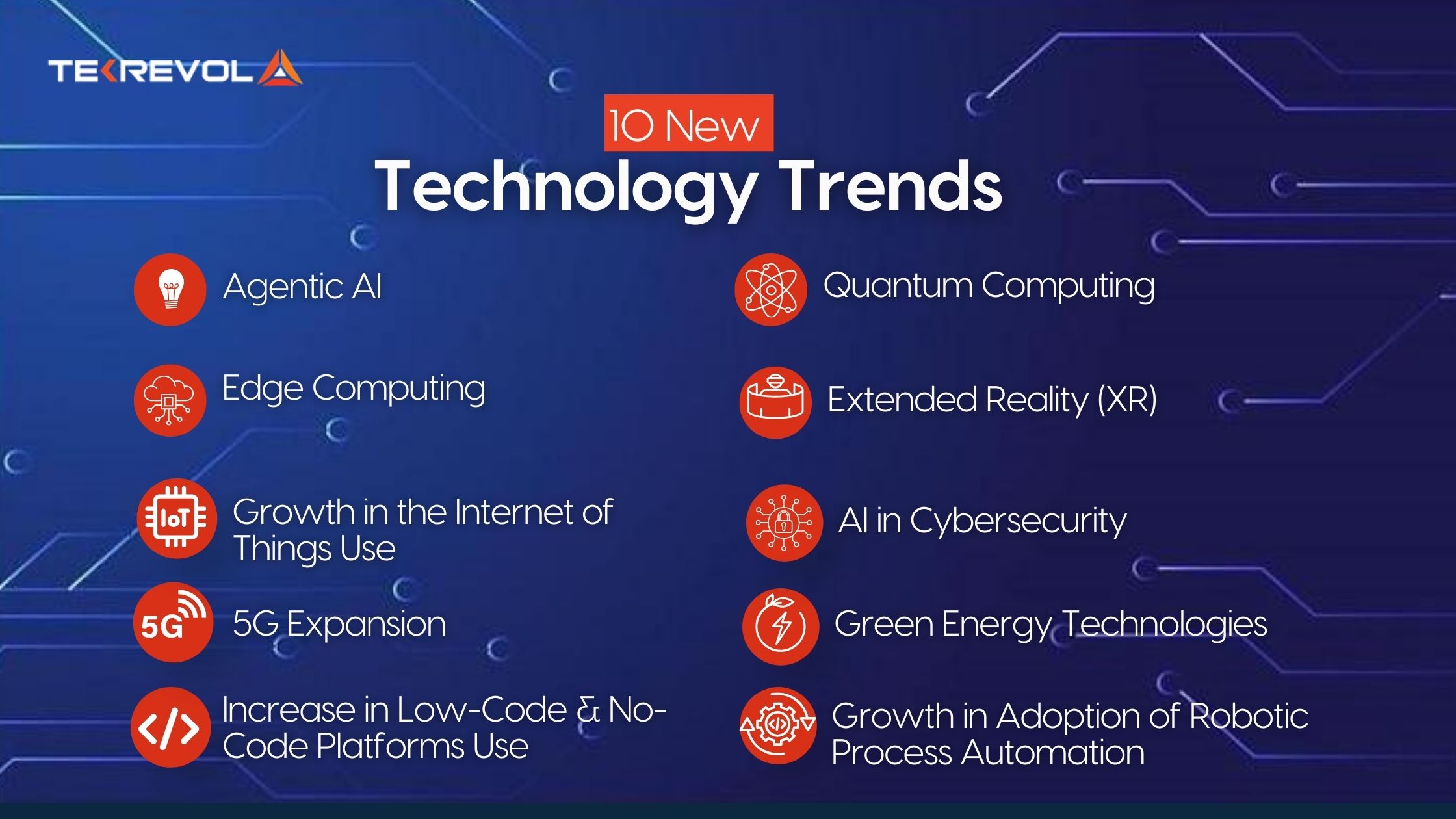

Navigating the Horizon: Preparing for the Technological Shift
The rapid advancements in technology present both immense opportunities and significant challenges. For individuals and businesses alike, preparing for the coming shifts is not just advisable but essential for thriving in the evolving landscape. Understanding and adapting to the emerging technology trends 2025 requires a proactive approach.
For individuals, the key lies in continuous learning and adaptation. This means:
- Upskilling in areas directly impacted by AI, such as AI literacy and data analysis.
- Staying informed about digital privacy and adopting robust cybersecurity practices to protect personal information in an increasingly connected world. This includes knowledge of data protection, online safety, and securing personal devices like smartphones.
- Cultivating digital resilience, which involves being comfortable with new technologies and adaptable to changing work environments.
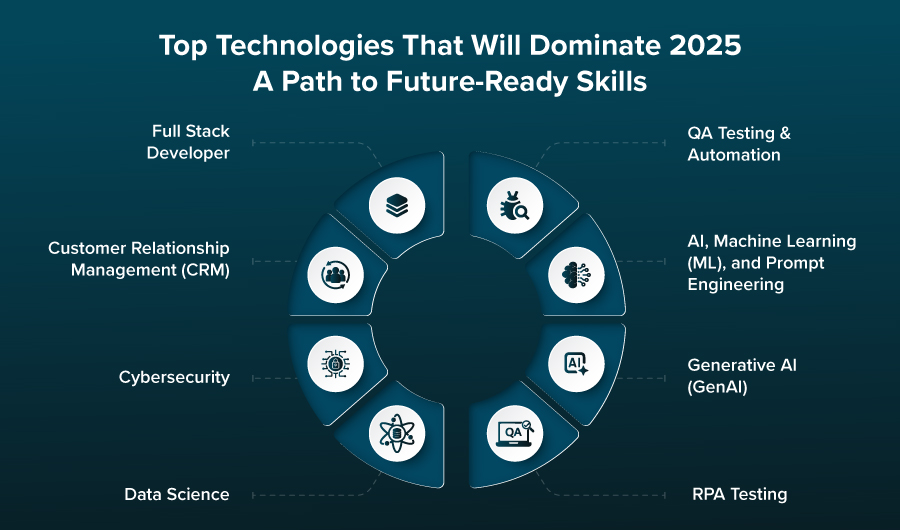
For businesses, preparing for the future involves strategic investment and agility. Key actions include:
- Investing in adaptive infrastructure that can support new technologies and scale with demand.
- Developing robust AI capabilities, whether through in-house expertise or strategic partnerships.
- Prioritizing sustainable practices, recognizing that environmental responsibility is increasingly linked to long-term business viability.
- Maintaining agility to respond swiftly to market shifts driven by accelerating emerging technology trends 2025. As research suggests, *”Businesses must prepare for digital transformation by investing in adaptive infrastructure, AI development, and sustainability—while remaining agile as emerging technology trends 2025 accelerate.”* (Source: Ericsson). This also involves understanding how AI transforms businesses, navigating enterprise AI adoption challenges, recognizing the AI impact on operations, and implementing AI workflow automation while adhering to ethical AI deployment strategies.
Concluding Thoughts: Embracing the Future of Innovation
The landscape of technology is in constant flux, and the coming year promises a particularly dynamic period of innovation. The emerging technology trends 2025, underscored by the profound AI impact on app development, the excitement surrounding revolutionary tech advancements, and the allure of the latest consumer gadgets 2025, indicate a significant leap forward. The anticipated flurry of activity around November 2025, influenced by developments such as Google OpenAI news trends and broader industry shifts, is set to redefine our interaction with the digital world.
As these trends converge, they signal a new epoch where technology is more integrated, intelligent, and impactful than ever before. *”Emerging technology trends 2025 promise a transformative leap powered by AI’s impact on app development, breakthrough revolutionary tech advancements, and an array of exciting latest consumer gadgets 2025. November 2025 is poised to be a turning point, especially as Google OpenAI news trends and other industry leaders signal a new era of innovation, urging everyone to anticipate—and embrace—the ongoing wave of technological progress.”* (Source: Solutions Review / Deloitte / World Economic Forum).

The journey into this technologically advanced future is one that requires curiosity, adaptability, and a willingness to engage with new possibilities. By staying informed and prepared, we can all navigate and benefit from the continuous wave of innovation. What are your thoughts on the future of technology? Share your insights in the comments below!
Frequently Asked Questions
Q1: What is the primary focus of emerging technology trends in 2025?
A1: The primary focus is on the pervasive integration of AI, advancements in quantum computing, sophisticated connectivity, and the development of next-generation consumer gadgets. These trends collectively point towards a year of significant innovation and industry transformation.
Q2: How is AI expected to impact app development in 2025?
A2: AI’s impact on app development will be seen through enhanced low-code/no-code platforms, AI-driven development tools, hyper-personalization of user experiences, the creation of frictionless interfaces via Agent Operating Systems, and significant workflow automation powered by AI agents.
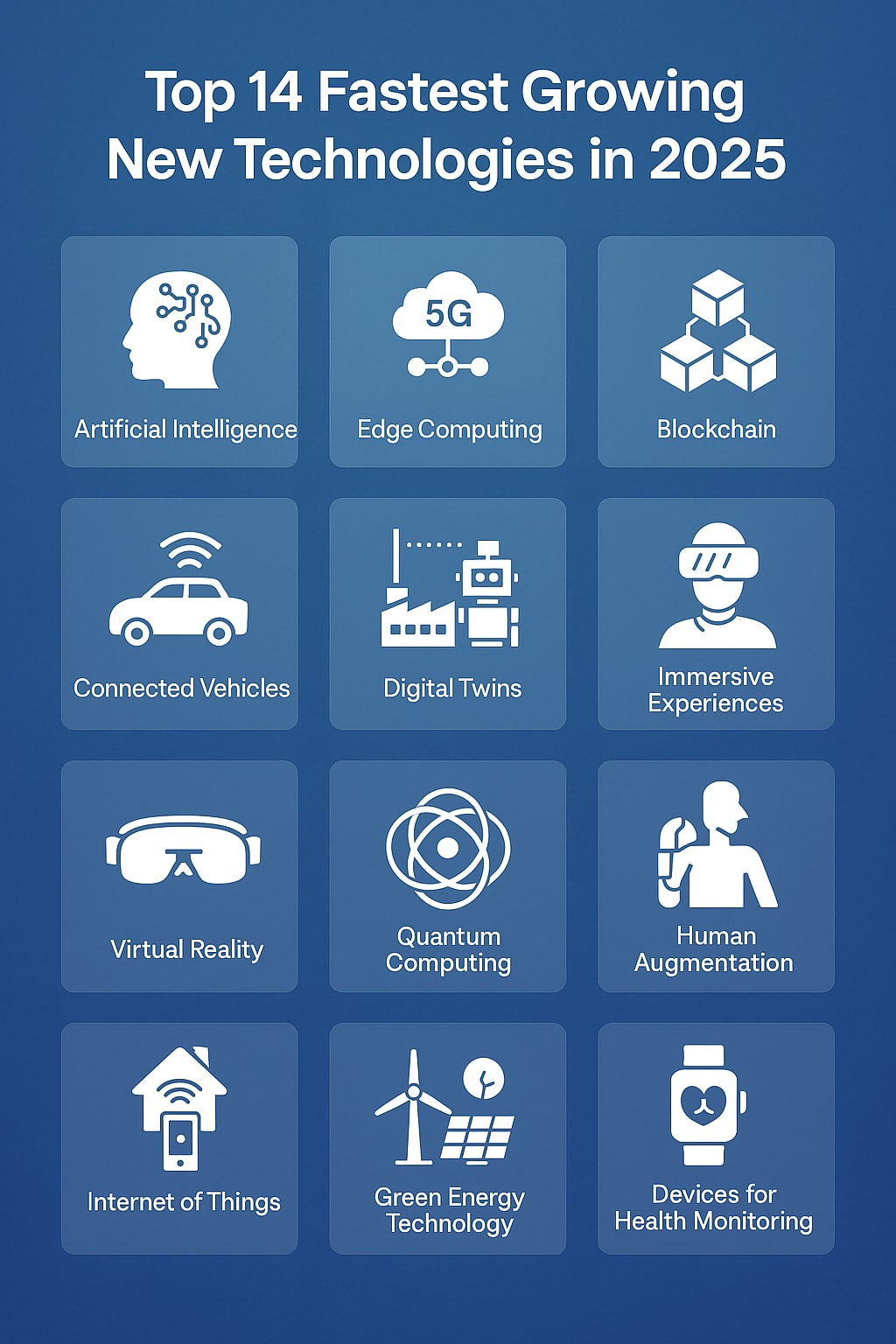
Q3: What are some of the revolutionary tech advancements anticipated in late 2025?
A3: Breakthroughs in quantum computing, particularly from major players like Google and IBM, are expected to enhance AI capabilities. Competition and collaboration between entities like Google and OpenAI will drive progress in language processing and artificial general intelligence, leading to industry-defining releases of new applications and tools.
Q4: What types of new consumer gadgets can we expect in 2025?
A4: Consumers can anticipate more intelligent and health-focused wearables, smarter home devices with enhanced sensing, personal computing devices with powerful on-device AI chips, and more immersive entertainment technologies like advanced AR/VR headsets.
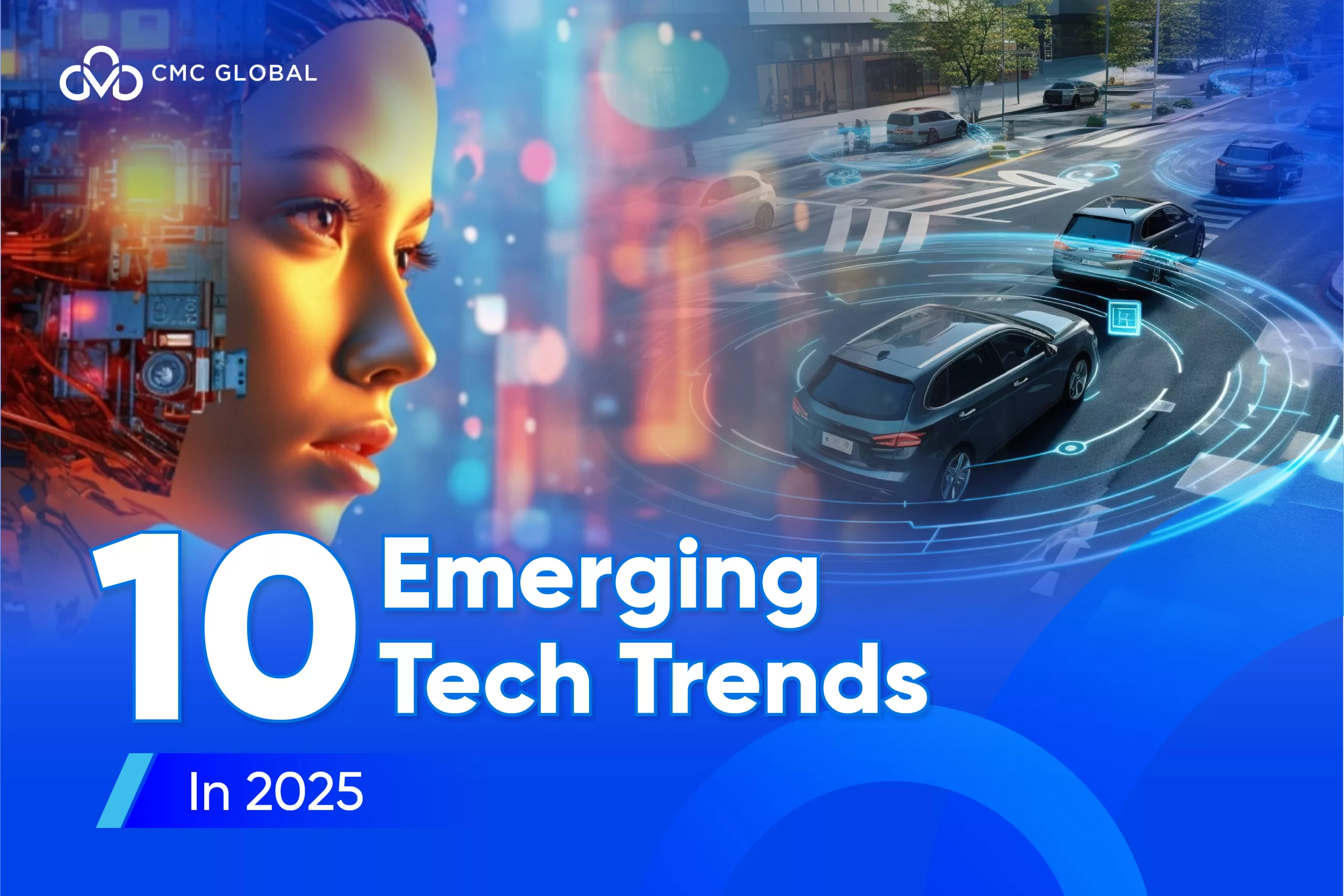
Q5: How can individuals and businesses prepare for these technological shifts?
A5: Individuals should focus on continuous learning, upskilling in AI literacy, and adopting strong digital privacy and cybersecurity practices. Businesses need to invest in adaptive infrastructure, AI development, sustainable practices, and maintain agility to respond to rapid changes.
“`



